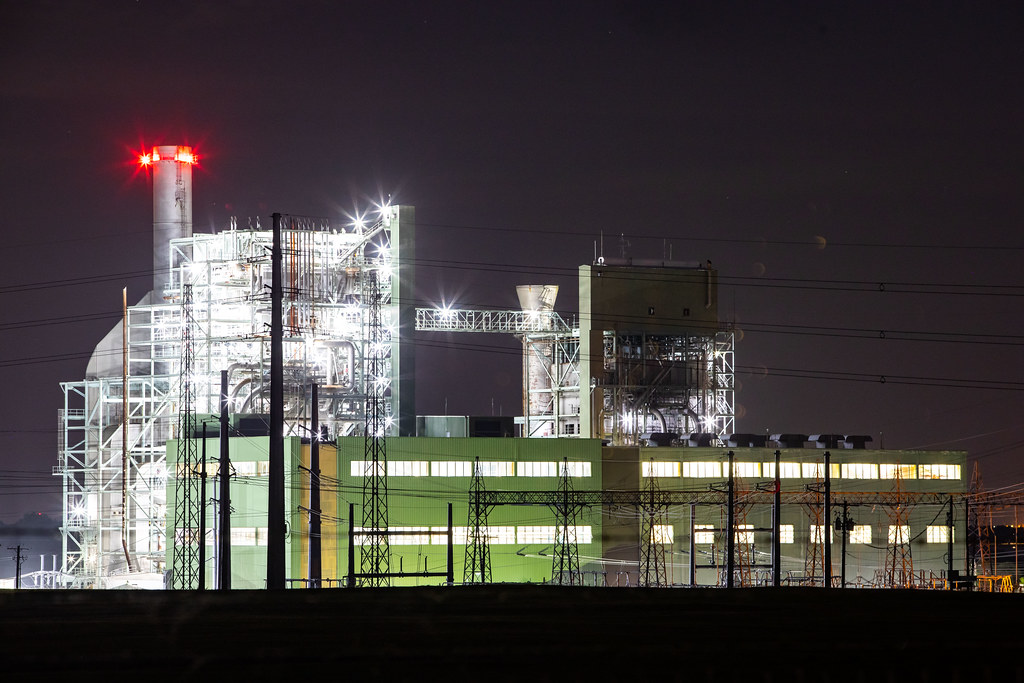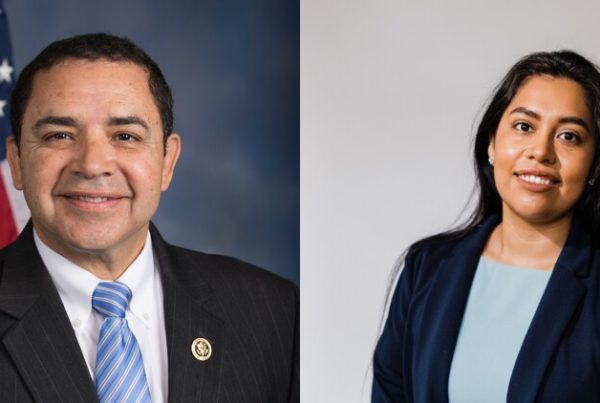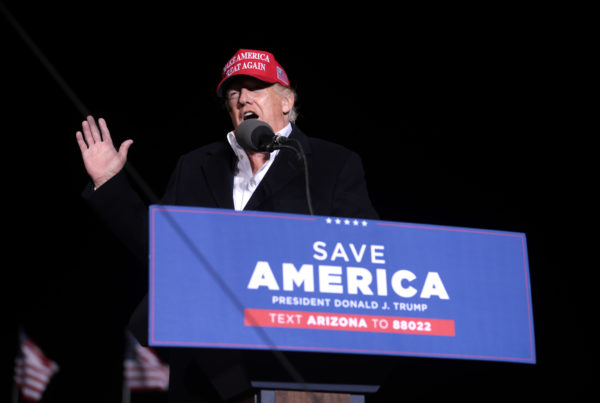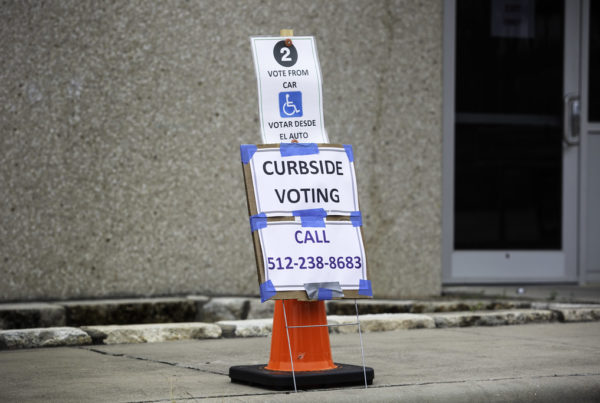During the fatal freeze last February, the Electric Reliability Council of Texas, or ERCOT, kept power prices as high as possible for an extended period of time, hoping to minimize the strain on the power grid.
Still, the grid came close to complete failure. And there were other consequences. Electric companies racked up huge bills. Brazos Electric Cooperative, which distributes power to 68 counties in central Texas, even had to file for bankruptcy.
James Osborne, Washington D.C.-based energy and politics reporter for the Houston Chronicle, spoke to the Texas Standard about Gov. Greg Abbott’s role in the decision. Listen to the interview with Osborne in the audio player above to learn more about XYZ…
This interview has been lightly edited for clarity.
Texas Standard: Former ERCOT CEO Bill Magness testified at a bankruptcy hearing for Brazos Electric Power Cooperative on Wednesday. What did he say about the decision to keep power prices high during the 2021 winter storm?
James Osborne: He said a lot of very technical stuff. This is a bankruptcy proceeding, which can be a bit dry. But he detailed the critical moment during this storm when they were deciding what to do and whether they had raised the power prices to the max while everybody was going offline to try to get them back on as quickly as possible.
But there came a point where power plants did start to come back online and the decision had to be made: Do we keep the prices at the cap or do we let the free market take back over? And they decided to keep the prices at the cap. They were worried that the system would slip back into a sort of cascade of blackouts and potentially into a total blackout that could have taken weeks to recover from. So we knew this, and it’s been very controversial.
But the detail that came out yesterday was, while this was happening, the former chair of the [Texas Public Utility Commission] actually showed up at the operations center in the night and met with Magness and told him that Gov. Greg Abbott had said to her that it was imperative that they do everything possible to keep the lights on. And with that guidance, they made the decision, combined, to keep the prices at the max for another couple of days, which racked up some big bills.
Is the story that you just described different from what we originally heard regarding Gov. Abbott’s involvement in setting power prices?
That’s for debate. Abbott’s office maintains that they’ve been upfront about this the whole time. But that said, my colleague Jay Root wrote about one of the governor’s aides being at the operations center around the same time last year. And at that time, the governor’s spokesman said, emphatically, that the governor was not involved in the decision to keep power prices high.
Now, Magness’ testimony yesterday would certainly suggest that he was not entirely forthcoming on the extent to which Abbott was involved. Now, Magness certainly didn’t say that the governor told them to keep prices high, but he did tell them to do everything possible.
That’s one of the core questions here: When people talk about the extent to which the governor involved, is it clear Magness would have made the same call without the governor’s influence?
That question wasn’t asked, but it’s certainly, from everything he said, he agreed with the decision. I mean, he felt very much that the grid was, even as some power plants were coming back online, they still had huge numbers of outages. Some power plants were still freezing up, and they needed to do everything possible to prevent more blackouts.
He brought up the point yesterday that this was day two or three into this crisis, and a lot of critical infrastructure like water plants, for instance, were using backup generation. Now, the blackouts [had] been going so long, there would come a point where they would run out of fuel. And that’s just one example he brought up.
I mean, this could be applied to all sorts of infrastructure. And in his mind, once that started to happen, once the state started to lose critical infrastructure, you really were turning what was a really bad situation into a potentially cataclysmic situation. So in his mind, $9,000 power prices, 150 times normal wholesale rate, that was a justifiable tool to stop a much bigger disaster happening.












